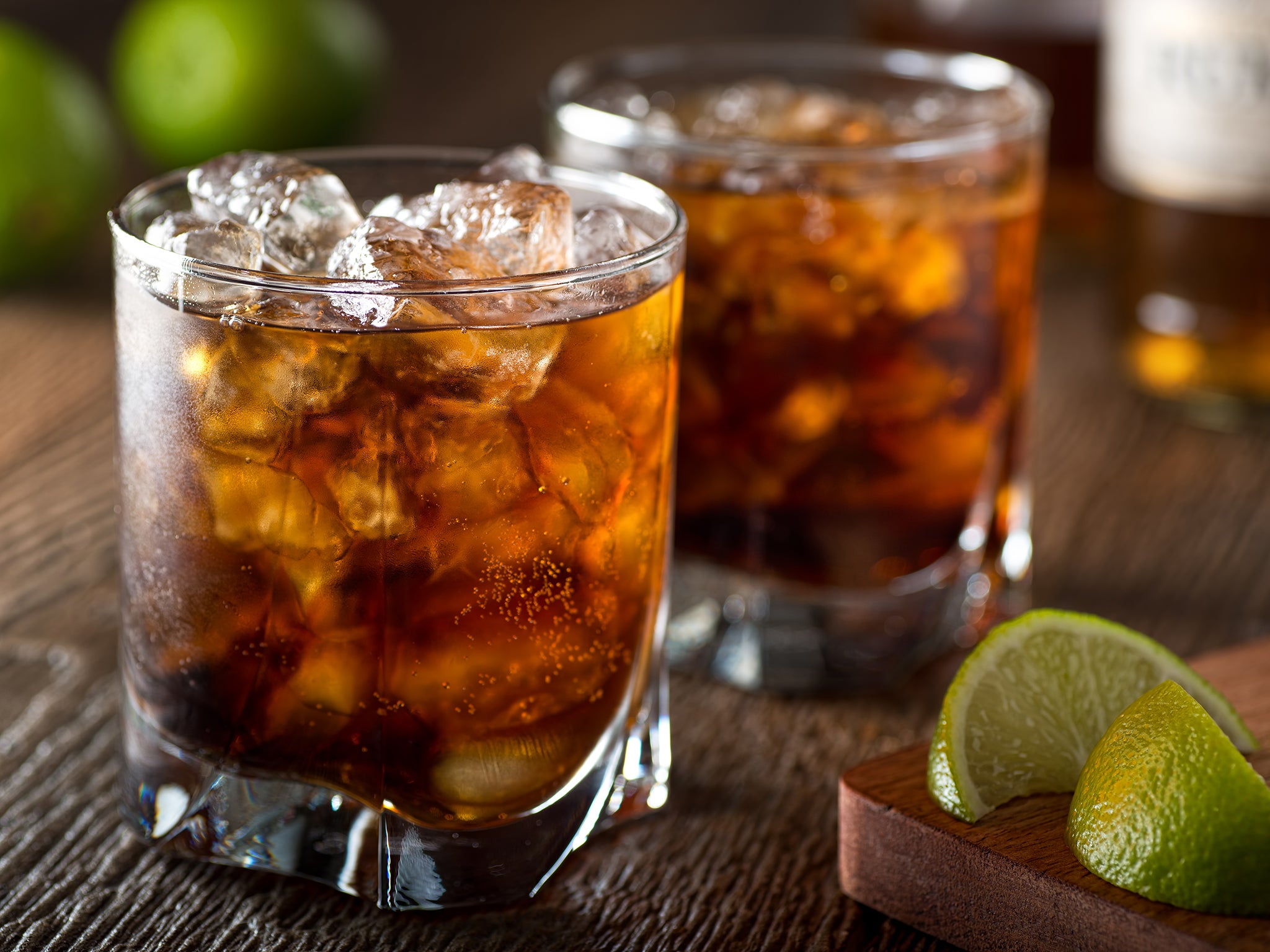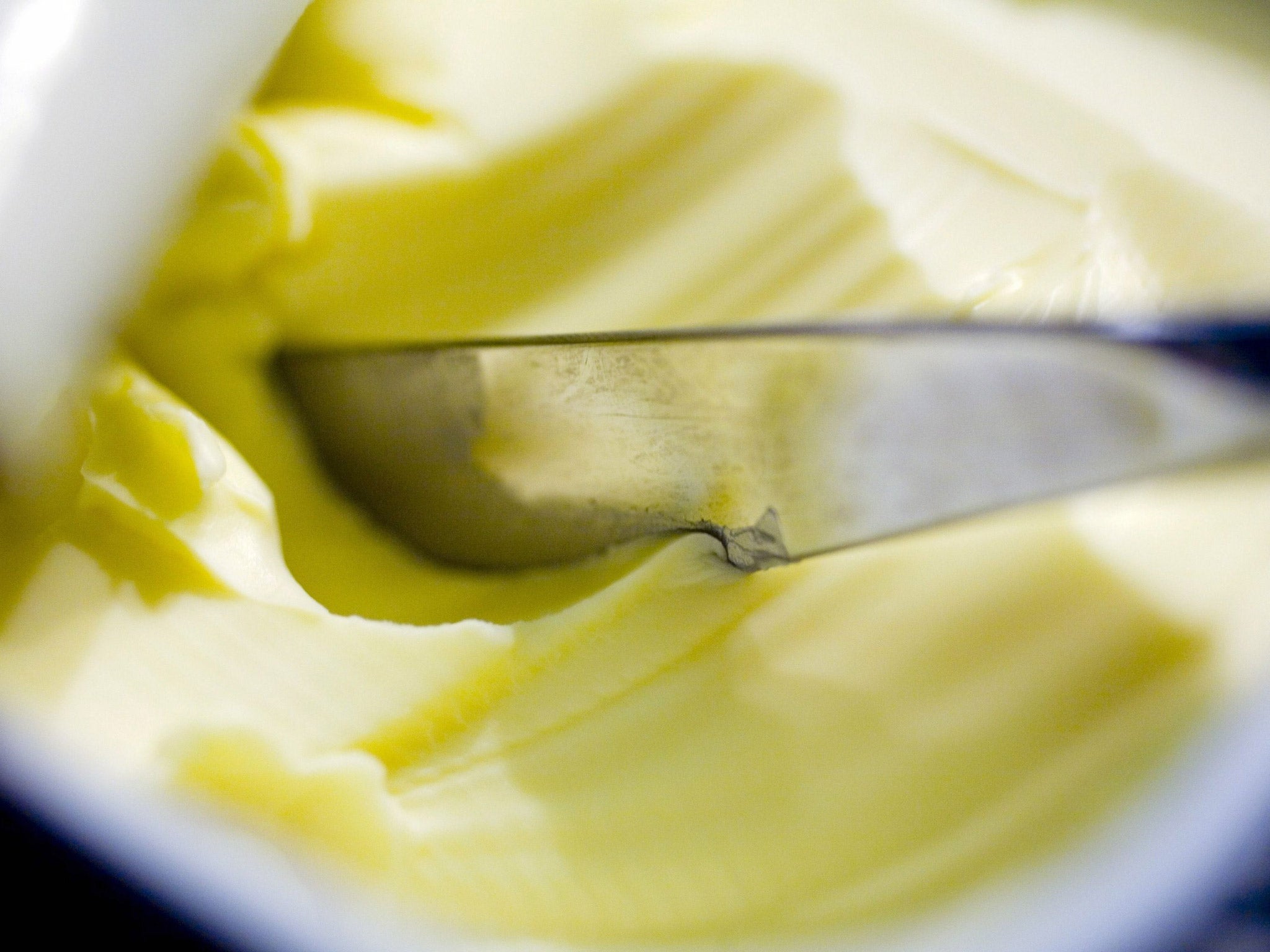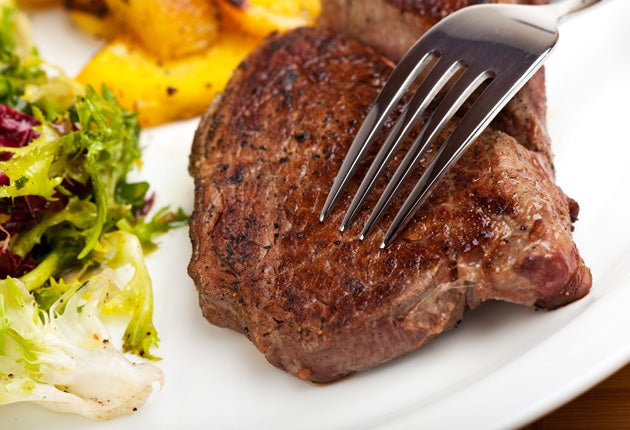Nine foods nutritionists never eat
'Eating highly processed foods is associated with chronic inflammation, a state that is connected with an increased risk of developing most diseases, including cancer and promoting weight gain'

Your support helps us to tell the story
From reproductive rights to climate change to Big Tech, The Independent is on the ground when the story is developing. Whether it's investigating the financials of Elon Musk's pro-Trump PAC or producing our latest documentary, 'The A Word', which shines a light on the American women fighting for reproductive rights, we know how important it is to parse out the facts from the messaging.
At such a critical moment in US history, we need reporters on the ground. Your donation allows us to keep sending journalists to speak to both sides of the story.
The Independent is trusted by Americans across the entire political spectrum. And unlike many other quality news outlets, we choose not to lock Americans out of our reporting and analysis with paywalls. We believe quality journalism should be available to everyone, paid for by those who can afford it.
Your support makes all the difference.Generally, when it comes to eating and drinking, the saying “everything in moderation” holds true.
However, there are a few things that you’re better off just avoiding altogether.
We asked nine nutritionists about the one food or beverage they never ever consume.
Hot dogs
“One food that I just can’t bring myself to eat is a hot dog. It doesn’t matter if they’re beef, chicken, or turkey. Hot dogs are made from highly processed meat, are packed with sodium, and are often laced with cancer-causing nitrates, making them one of the unhealthiest foods around.”
- Karen Ansel, registered dietician nutritionist and author of “Healing Superfoods for Anti-Ageing: Stay Younger, Live Longer”
Reduced fat peanut butter

“The fat in peanut butter — the heart-healthy monounsaturated type — is one of the best things about it! What’s more, when food manufacturers remove the fat from peanut butter, they replace it with various forms of sugar among other undesirable ingredients. As a result, reduced-fat peanut butter is much higher in sugar and carbohydrates than regular peanut butter. I choose regular peanut butter made with only two ingredients: Peanuts and salt (crunchy, please).”
- Rachel Meltzer Warren, registered dietician nutritionist and author of “The Smart Girl’s Guide to Going Vegetarian” and “A Teen’s Guide to Gut Health”
Soda

“I avoid drinking regular soda and have all of my life. I just think it’s a waste of calories because it’s all sugar and no nutrients. Sugary drinks are just added calories that I can’t use elsewhere – and they don’t fill you up anyway.”
- Kim Larson, registered dietician nutritionist and media spokesperson for the Academy of Nutrition & Dietetics
Fettucine Alfredo
“I skip this dish not only because it has been called ‘a heart attack on a plate,’ but because there are so many other healthy ways to enjoy an occasional bowl of pasta — garlic and oil, primavera with marinara. These healthy varieties also taste much better. I say NO to cream sauce.”
- Dr Lisa Young, registered dietician nutritionist and author of ”The Portion Teller”
Margarine

“I am definitely an ‘all foods fit’ dietician, but the one thing that I avoid is margarine. First of all, I love butter, but I use it very sparingly; usually only a couple of tablespoons a few times a week. I also use olive oil for cooking, so there really isn’t a place for margarine in my diet. I’d rather go for the real thing and enjoy it in moderation instead of having to sort through processed food labels and tip-toeing around trans fats.”
However, “If you use lots of butter every day and have issues with weight management, high cholesterol, or high blood pressure, trans fat-free margarine in a tub or spray might be a good idea.”
- Andrea Goergen, dietician and owner of Cultivate Healthy
American Cheese
“American cheese is a prime example of a highly processed food. In general, I look to keep my diet as low in processed and close to the whole food as possible. Eating highly processed foods is associated with chronic inflammation, a state that is connected with an increased risk of developing most diseases, including cancer and promoting weight gain.
“American cheese is not a natural cheese, it is a factory made cheese food that typically contains added chemicals and extracts. In fact, it is less than 51 per cent real cheese. Additionally, one slice contains 220 mg of sodium and 4.5 grams of fat, and 3 grams from saturated fat — putting it on the calibre of a high fat meat.”
- Beth Warren, registered dietician nutritionist, founder & CEO of Beth Warren Nutrition
Red meat

“I recommend everyone avoid red meat for several reasons. For starters, Trimethylamine N-Oxide (TMAO; produced when a compound found in red meat called L-carnitine is metabolised) is associated with inflammation, atherosclerosis, and increased risk of heart attack and stroke. Neu5GC, a sugar molecule found in red meat, metabolically accumulates and has been found to promote chronic inflammation. In addition, when meat is cooked, compounds called polycyclic aromatic hydrocarbons (PAHs), heterocyclic amines (HCAs), and advanced glycation end products (AGEs) are formed. These compounds are carcinogenic, pro-inflammatory and pro-oxidative; they also contribute to chronic disease.”
“These compounds are present in both conventional and grass-fed beef, so this is not an issue of simply switching to grass-fed meats. This also has nothing to do with fat content; so ‘choosing lean meats’ is irrelevant in regards to what I described above.”
- Andy Bellatti, registered dietician nutritionist
Raw milk
“This type of milk has not been pasteurised and could contain harmful bacteria such as Salmonella, E. coli, and Listeria, which can cause food-borne illnesses, also known as food poisoning. Certain folks, such as older adults, pregnant women, children, and those with a comprised immune system are even more susceptible to the negative effects of these bacteria.”
- Dr. Joan Salge Blake, registered dietician nutritionist
Mixed (alcoholic) drinks

“Too much alcohol and this is like a meal in a glass. One doesn’t feel full but it can provide a lot of the day’s calories.”
- Leslie Bonci, registered dietician nutritionist and owner of Active Eating Advice
Read more:
• This chart is easy to interpret: It says we’re screwed
• How Uber became the world’s most valuable startup
• These 4 things could trigger the next crisis in Europe
Read the original article on Business Insider UK. © 2016. Follow Business Insider UK on Twitter.
Subscribe to Independent Premium to bookmark this article
Want to bookmark your favourite articles and stories to read or reference later? Start your Independent Premium subscription today.
Join our commenting forum
Join thought-provoking conversations, follow other Independent readers and see their replies
Comments